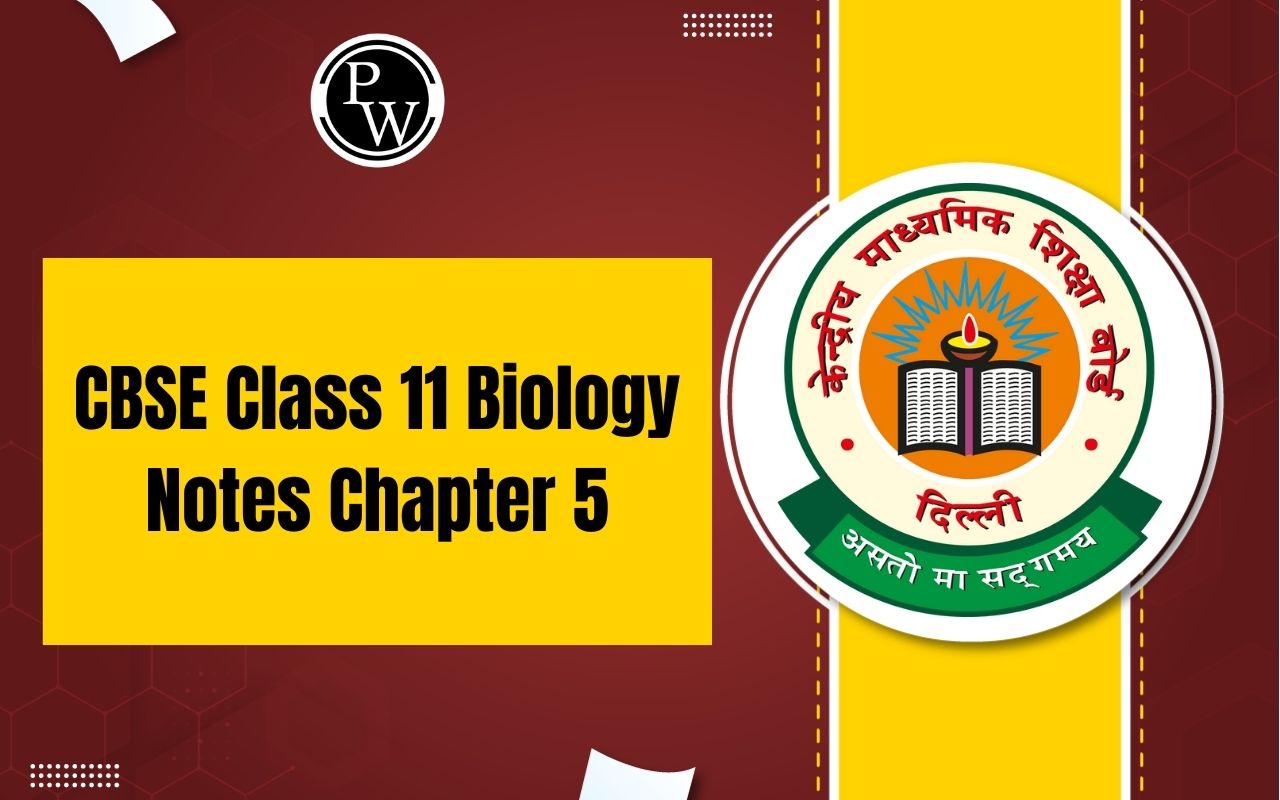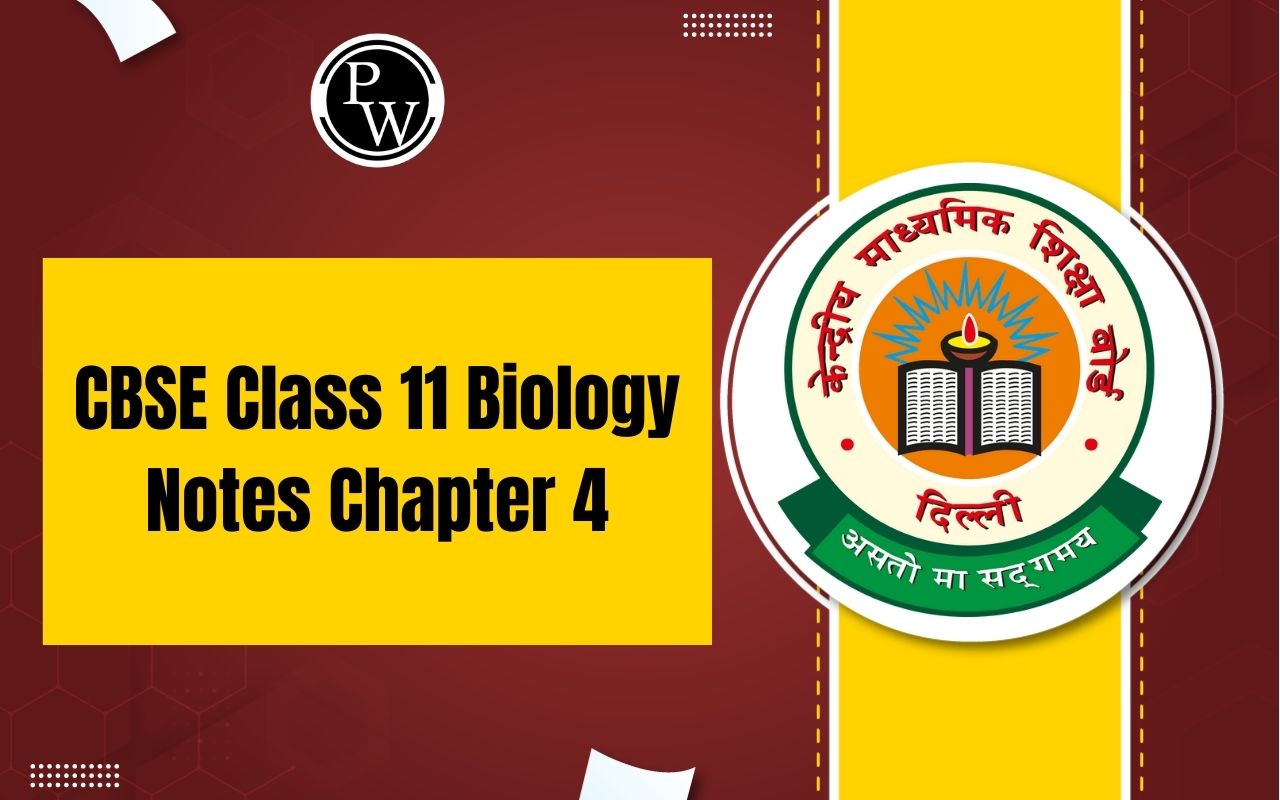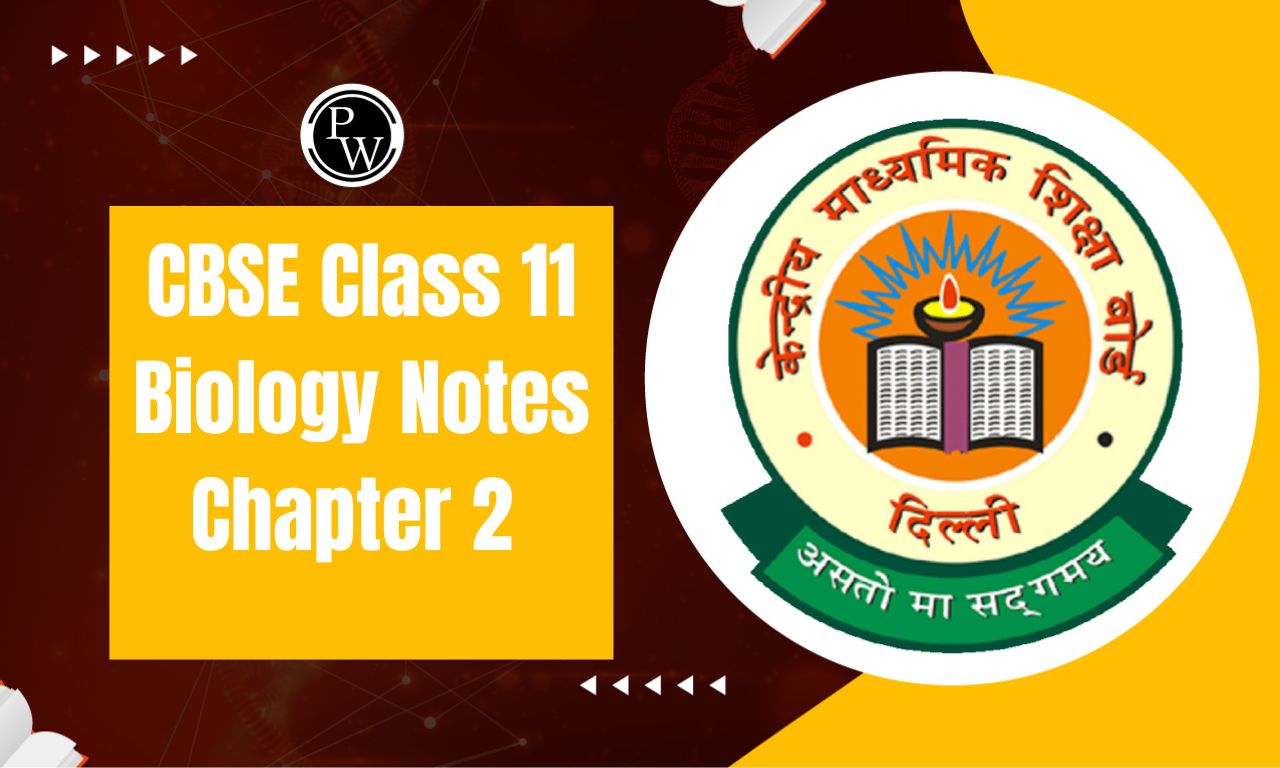
NCERT Solutions for Class 11 English Hornbill Chapter 5: Chapter 5 of Hornbill, Class 11 English, titled "The Ailing Planet: The Green Movement’s Role", is an article by Nani Palkhivala highlighting environmental concerns. It discusses the declining health of Earth due to deforestation, pollution, and overexploitation of resources.
The chapter emphasizes sustainable development, biodiversity conservation, and responsible use of natural resources. It mentions the World Conservation Strategy, the role of industries, and the need for global awareness. The article urges individuals and governments to act responsibly. The chapter encourages students to reflect on ecological challenges and adopt an environmentally conscious lifestyle.
NCERT Solutions for Class 11 English Hornbill Chapter 5 Overview
Chapter 5 of Hornbill, "The Ailing Planet: The Green Movement’s Role," highlights the urgent need for environmental conservation. It stresses the importance of sustainable development, biodiversity preservation, and responsible resource management.
The chapter educates students on the harmful effects of deforestation, pollution, and overexploitation. By discussing global initiatives and the role of individuals, it encourages awareness and action to protect our planet. Understanding these concepts helps students become responsible citizens, contributing to a greener and healthier world for future generations.
NCERT Solutions for Class 11 English Hornbill Chapter 5 PDF
Below, we have provided the NCERT Solutions PDF for Class 11 English Hornbill Chapter 5, "The Ailing Planet: The Green Movement’s Role." This chapter highlights the importance of environmental conservation, sustainable development, and responsible resource management. The solutions will help students understand key concepts, improve their answers, and prepare effectively for exams. Download the PDF to access detailed explanations and enhance your learning experience.
NCERT Solutions for Class 11 English Hornbill Chapter 5 PDF
NCERT Solutions for Class 11 English Hornbill Chapter 5 The Ailing Planet: the Green Movement’s Role
Below is the NCERT Solutions for Class 11 English Hornbill Chapter 5 The Ailing Planet: the Green Movement’s Role -
1. Locate the lines in the text that support the title ‘The Ailing Planet’.
Answer:
The lines that support the title of the chapter are given below.
“The earth’s vital signs reveal a patient in declining health.”
“Are we to leave our successors a scorched planet of advancing deserts, impoverished landscapes and ailing environment?”
“…the environment has deteriorated so badly that it is “critical‟ in many of the eighty-eight countries investigated”.
“When this happens, fisheries collapse, forests disappear, grasslands are converted into barren wastelands and croplands deteriorate.”
“it has been well said that forests precede mankind, deserts follow”
“ …. Several species of life face extinction as a result of its destruction.”
“The environmental problem does not necessarily signal our demise, it is our passport for the future.”
2. What does the notice ‘The world’s most dangerous animal’ at a cage in the zoo at Lusaka, Zambia, signify?
Answer:
At Lusaka Zoo in Zambia, there is a sign on a cage that says, "The world's most dangerous animal." This reminds us that humans have always been self-centered. Even though we are more advanced and civilized than other animals, we have not yet built a world based on cooperation. Like other creatures, we want to control the planet rather than live in harmony with it. But we often forget that we cannot survive alone. Instead, we need to live in a way that supports the earth so that it, in turn, can support us.
3. How are the earth’s principal biological systems being depleted?
Answer:
There are four key natural systems on Earth: fisheries, forests, grasslands, and croplands. These systems are essential for our survival and provide most of the raw materials we need. In simple terms, they are the backbone of the global economy.
However, as the demand for protein increases, more fish are being caught, leading to a rapid decline in fish populations. These four systems not only give us food but also provide materials for industries, except for minerals and petroleum-based products. Unfortunately, in many parts of the world, human demands have become too high, reducing their ability to function properly.
When this happens, fish supplies shrink, forests disappear, grasslands turn into deserts, and croplands become less fertile. Overfishing has become a common problem in a world that is always looking for more protein. In poorer countries, people are cutting down forests just to get firewood for cooking. In some places, firewood has become so expensive that the cost of fuel is now higher than the cost of food itself.
4. Why does the author aver that the growth of world population is one of the strongest factors distorting the future of human society?
Answer:
The author believes that rapid population growth is a major problem for the future because it not only increases the need for food but also uses up resources too quickly. As people become richer, get better education, and live healthier lives, birth rates naturally decline. This means that development itself is the best way to reduce population growth.
However, if population growth continues at the current rate, development may become impossible. The rich keep getting richer, while the poor struggle with large families that keep them in poverty. Having more children does not always mean more workers—it often leads to more unemployment instead.
The author does not suggest forcing people to stop having children. However, the only way to manage population growth without force is through voluntary family planning. In the end, the real choice is between controlling population growth or continuing the cycle of poverty.
Thinking about language
The phrase ‘inter alia’ meaning ‘among other things’ is one of the many Latin expressions commonly used in English. Find out what these Latin phrases mean.
1. prima facie
2. ad hoc
3. in camera
4. ad infinitum
5. mutatis mutandis
6. caveat
7. tabula rasa
Answer:
1. prima facie – at first face or first impression
2. ad hoc – created or done for a particular purpose as necessary
3. In-camera – doing something that the camera rolls.
4. ad infinitum – again and again in the same way
5. mutatis mutandis – making necessary alterations while not affecting the main point at issue.
6. Caveat – a warning or proviso of specific stipulations, conditions, or limitations.
7. tabula rasa – an absence of preconceived ideas or predetermined goals
Working with words
I. Locate the following phrases in the text and study their connotation.
1. gripped the imagination of
2. dawned upon
3. ushered in
4. passed into current coin
5. passport of the future
Answer:
1. gripped the imagination of: received much attention
2. dawned upon: realised it for the first time
3. ushered in: began the new idea
4. passed into current coin: have been brought into use
5. passport of the future: a thing that makes something possible
II. The words ‘grip’, ‘dawn’, ‘usher’, ‘coin’, ‘passport’ have a literal as well as a figurative meaning. Write pairs of sentences using each word in the literal as well as the figurative sense
Answer:
Write your own answer.
Benefits of Using NCERT Solutions for Class 11 English Hornbill Chapter 5
Using NCERT Solutions for Class 11 English Hornbill Chapter 5 offers several benefits to students, helping them understand the chapter thoroughly and perform well in exams. Here are some key advantages:
1. Clear Understanding of Concepts
-
NCERT solutions provide detailed explanations of the chapter, making it easier for students to grasp the key ideas, themes, and messages.
2. Accurate Answers
-
The answers are written by experts and follow the CBSE guidelines, ensuring accuracy and reliability.
3. Helps in Exam Preparation
-
The solutions cover important questions that are likely to appear in exams, helping students practice effectively.
4. Saves Time
-
Instead of searching for answers from multiple sources, students get well-structured answers in one place, saving study time.
5. Improves Writing Skills
-
The solutions are framed in a structured and well-written manner, helping students learn how to answer questions in a concise and effective way.
6. Boosts Confidence
-
By practicing with NCERT solutions, students gain a better understanding of the subject, which increases their confidence during exams.
NCERT Solutions for Class 11 English Hornbill Chapter 5 FAQs
Why does Nani Palkhivala call the earth?
What is the importance of the ailing planet the green movement's role?
What is the main goal of Green Revolution?










